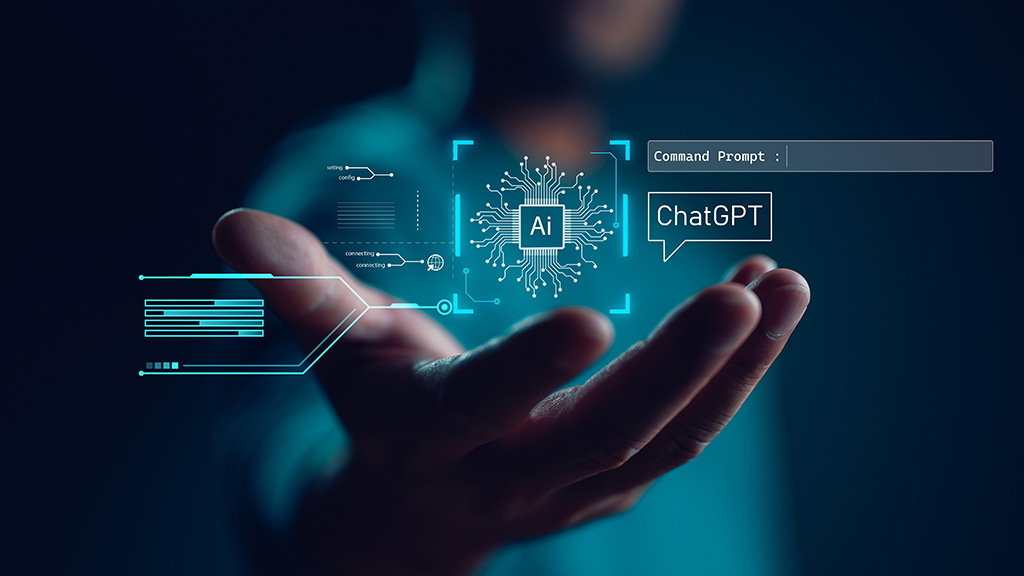AI is increasingly being used in the construction industry and, as with many innovations, there are potential legal implications.
“Ultimately, AI is of course a new frontier for all of us and it adds a lot of potential new dimensions here to the industry in terms of benefits but there are some legal issues to consider as well,” said Jeff Scorgie, partner at WeirFoulds, who recently held a webinar on the topic.
One of the issues is the distribution of risk in a contract.
“If you’re using an AI tool on a project the question then is who is responsible for that AI tool? Is that an owner, a contractor, a service provider?” Krista Chaytor, also a partner at WeirFoulds, asked.
“Imagine a situation where the owner wants an AI tool used on a project and that’s part of the contract that you as a contractor have to use it. But then whose responsibility is it? What happens if there is a problem with the AI tool? Then is that on the owner for saying you have to use it? Or is that on the contractor because that’s a risk they took in the contract that the AI tool will function properly?”
Another risk is the data going into the AI tool.
“Who is responsible for making sure that data is the right data and what happens if it’s not?” Chaytor said. “What happens if the output from the AI tool is wrong? Is that sorted out with the AI provider or is it the owner that has to take responsibility, the contractor?”
Disclosing the use of AI in contracts is another aspect to consider.
“If you’re collecting data for use in a tool like this does that have to be disclosed?” asked Chaytor, citing the use of a drone as an example. “What if the collection of data is itself causing a problem? You need to collect data and that’s causing a delay. What kind of disclosure do you need to make sure that you’re using this tool so that everybody knows the tool is going to be there?”
When it comes to AI and litigation, there is a good side and a bad side.
“For those of you involved in litigation, probably the number one thing that drives people to settle is the sheer amount of documents involved in litigation, the sheer amount of information,” Chaytor noted. “If there are tools out there collecting data for an AI application, is all that data now producible in litigation? What about the output of an AI application, is that now relevant data? Is how somebody used that data, what you did with it or didn’t do with it, relevant in litigation?”
On the good side there is an opportunity with AI to get to the heart of the problem and what happened onsite in a way lawyers and engineering experts can’t do because it’s too time consuming and expensive.
An aspect of AI that is fairly common across platforms is the collection and analysis of a lot of data and that data collection can lead to some issues to consider from a legal perspective, Scorgie explained.
“You might, for example, be collecting data from third parties,” he noted.
“Construction projects have a lot of stakeholders, a lot of different parties involved. When you’re collecting personal information that does have legal implications. There are laws, there are statues around legal issues dealing with the collection and retention of personal information.”
He added something you may want to consider asking the AI provider is how is personal information getting scrubbed from the data that is being collected. Another thing to consider is how long is the data being kept and what is the purpose.
“One point I did want to emphasize is look at your contracts because a lot of contracts have existing clauses dealing with these issues,” Scorgie said. “Some contracts will have sections, sometimes full schedules or appendices, detailing obligations around collection of personal information and data so you may sometimes see these in supplementary conditions to standard form contracts like CCDC contracts that you’re bidding on.
“This is an area now where those types of clauses will be more relevant than ever, so you may want to revisit them.”
Ownership of the raw data and AI generated analysis is something you may want to spell out in the contract Scorgie said.
“A lot of contracts do have broad language already and they have for years around things like ownership of work product,” he said. “There may be a clause in your contract that says something like, ‘all the work product that the contractor generates or creates in its performance of the services and the work shall be delivered to the owner at the end of the project or becomes the owner’s property at the end of the project.’ You have to think is that clause now going to apply to the data and the analysis that is associated with the AI.”
Follow the author on Twitter @DCN_Angela



Recent Comments